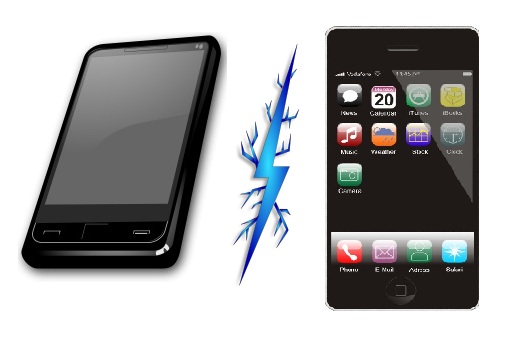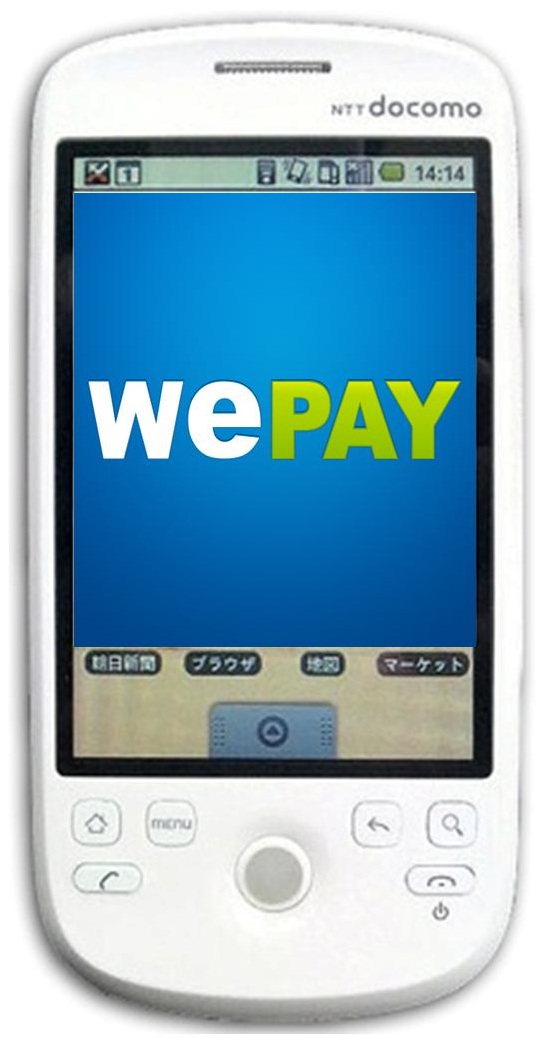 Formerly loyal customers are switching brands with each new service and product unveiling.
Formerly loyal customers are switching brands with each new service and product unveiling.
As the device battle rages on between Apple and Samsung, the mobile payments market is becoming a central battleground for the device manufacturers, as they pull out all the stops to draw consumers to not only their iPhones and Galaxies, but to their smartphone wallets, too.
Though iPhones are generally considered the industry head, it is Samsung that is leading the way.
The Korean electronics company features a broad range of Galaxy devices, available at different price points. This has made it the global leader with a recently reported market share of 29 percent in the 2012 fourth quarter. This is a massive increase over 2010’s market share, which was 8 percent. Apple is holding steady with a market share of 21.8 percent as of the same period of time.
As the two companies battle over device sales, mobile payments have also become an area for competition.
At the moment, these two companies appear to be each others’ greatest competitive threat both in device sales and mobile payments use. The primary battle is to be able to keep up with the latest in innovation, or it will be very easy to fall behind. This has also involved a number of attacks from within the companies.
For instance, on the day before the Samsung Galaxy 4S was unveiled, Phil Schiller, the chief marketing officer at Apple, gave one of his very rare interviews to the media, in which he openly criticized the “fragmented” software at Android, and on the Samsung devices, themselves.
This type of battle is expected to become even more fierce, say analysts, as the saturation point of the smartphone marketplace, and now the mobile payments market, approaches. This will mean that the growth of the companies will be driven primarily by stealing customers from one another, as opposed to trying to find customers that have not yet been reached.
That said, as much as Apple can criticize, author Clyde Prestowitz (of “Three Billion New Capitalists: The Great Shift of Wealth and Power to the East” fame), pointed out that in both device sales and mobile payments, “Samsung is very dangerous for Apple”.

 This new service is geared toward companies that receive funds through traditional paper checks.
This new service is geared toward companies that receive funds through traditional paper checks.